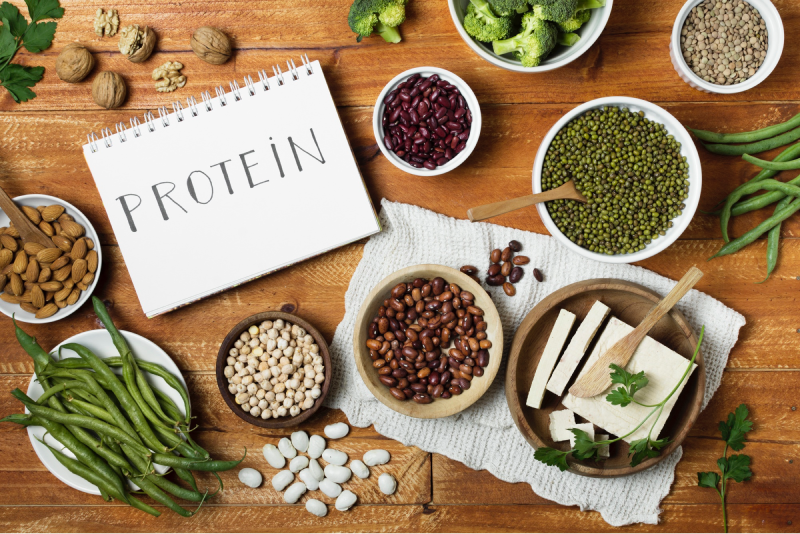As consumer demand for plant-based and vegan proteins continues to rise, we’ve set out to tackle 4 of the most popular plant-based protein myths head on!
Plant-base proteins are here to stay! And rightfully so! While some of the more loyal whey protein enthusiasts have had their doubts (often citing myths like the 4 we’re about to debunk), plant-based proteins can offer some incredible benefits!
4 Myths About Plant-Based Proteins (Debunked)Myth Number 1: All plant-based proteins are incomplete proteins – making them less useful than their complete, animal-based counterparts.
First and foremost, the notion that all plant-based proteins are incomplete proteins is blatantly and utterly false. While a good number of plant-based proteins may be incomplete, there certain plants and grains – like quinoa and buckwheat – that have been recognized as being complete proteins.1-2
What’s more, an “incomplete” protein (regardless of where it may be sourced from), is far from useless so far as our bodies are concerned. “Incomplete” proteins earn the designation because they’ve been found to be missing one or more of the nine essential amino acids (i.e. those amino acids that the body needs in order to function, but can’t synthesize on its own).
When we ingest an incomplete protein – in any form – our bodies don’t ignore it because it’s incomplete; instead, they treat it like any other protein source and break it down into its component amino acids, which are then stored in the body until they are needed. The body’s ability to combine amino acids from multiple sources leads us directly into myth number two!
Read the full article at: www.nutrasciencelabs.com




